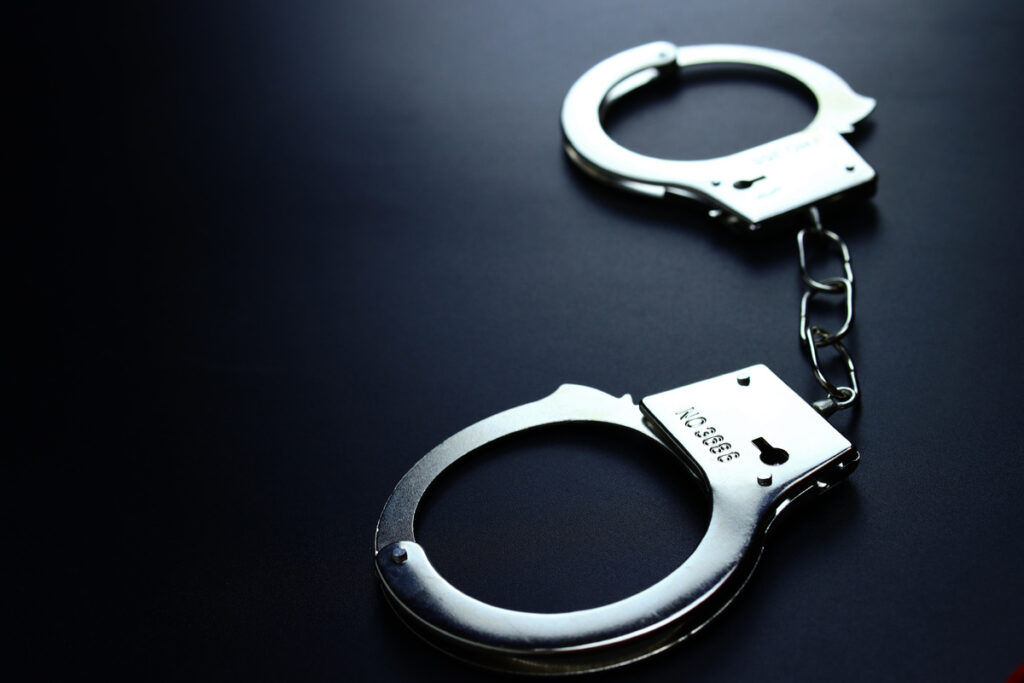
Legally Reviewed By:
Brian P. Gabriel, Esquire

Many people believe that criminal charges disappear when a victim chooses not to “press charges,” but this common misconception can lead to serious legal consequences for those involved. The decision to file criminal charges rests entirely with prosecutors, not victims, and the state can pursue criminal cases even when victims are uncooperative, unwilling to testify, or explicitly request that charges be dropped.
Criminal Defense Attorney Brian Gabriel understands the complex dynamics of cases involving reluctant victims and has spent over 30 years defending clients throughout Palm Beach County. As a former Assistant State Attorney who prosecuted an abundance of cases before establishing his defense practice, Mr. Gabriel brings unique insight into prosecutorial decision-making and will handle your case using all the knowledge and skill developed over the span of his extensive career.
Florida’s criminal justice system operates on the principle that crimes are offenses against the state, not just individual victims. When someone commits a crime, they violate state law and harm society as a whole. This principle explains why the State Attorney’s Office, not individual victims, makes decisions about filing and pursuing criminal charges.
Victims serve as witnesses in criminal cases rather than complainants who control the prosecution. While victim input matters and prosecutors typically consider victim preferences, the final decision about charges remains with the state. Prosecutors may proceed with cases even when victims are hostile, uncooperative, or completely absent from the proceedings.
Several factors influence prosecutorial decisions in cases where victims oppose charges. The severity of the offense plays a crucial role, as prosecutors are more likely to proceed with serious felonies than minor misdemeanors. Cases involving repeat offenders, weapons, significant injuries, or threats against victims often move forward regardless of victim cooperation.
The strength of evidence available to prosecutors significantly impacts their willingness to proceed without victim testimony. Physical evidence, witness statements, photographs of injuries, medical records, police body camera footage, and recorded 911 calls can provide sufficient proof for a conviction even without the victim’s cooperation.
When victims refuse to cooperate, prosecutors rely on various forms of evidence to build their cases:
These evidence sources often provide prosecutors with sufficient proof to pursue convictions without victim testimony, particularly in domestic violence and assault cases.
Cases involving uncooperative victims present unique opportunities for defense attorneys to challenge the prosecution’s case. Without victim testimony, prosecutors must rely more heavily on physical evidence, witness statements, and circumstantial evidence, which may contain weaknesses or inconsistencies that a skilled defense attorney can employ.
Cross-examining police officers about their investigation methods, challenging the reliability of witness statements, and questioning the chain of custody for physical evidence become more critical when victims won’t testify. A defense attorney can also investigate the reasons behind the victim’s reluctance, as recantations or changed stories may indicate initial statements were inaccurate or coerced.
Victim reluctance often provides leverage for defense attorneys during plea negotiations. Prosecutors may be more willing to reduce charges or recommend lenient sentences when they face the uncertainty of a trial without victim testimony. Defense attorneys can explore pretrial diversion programs or alternative sentencing options that address underlying issues while avoiding conviction.
Understanding your rights and options when facing criminal charges becomes crucial regardless of the victim’s cooperation. Criminal Defense Attorney Brian Gabriel has helped over 5,000 clients successfully navigate the criminal justice system and holds recognition as an Avvo Top Rated Lawyer 2024 and National Trial Lawyers Association Top 100 2024. His extensive experience defending criminal cases and results-driven approach ensure you receive dedicated representation tailored to your specific circumstances.
Don’t assume that a lack of victim cooperation guarantees case dismissal or favorable outcomes. Start with a free consultation today by calling Criminal Defense Attorney Brian Gabriel of The Law Office of Gabriel & Gabriel at (561) 622-5575. You can also complete an online contact form to learn more.

Legally Reviewed By:
Brian P. Gabriel, Esquire
Brian Gabriel is the driving force behind the Law Office of Gabriel & Gabriel. He has been in practice for over 30 years and his experience during that time has been devoted almost exclusively to the defense of criminal cases.
December 5, 2025